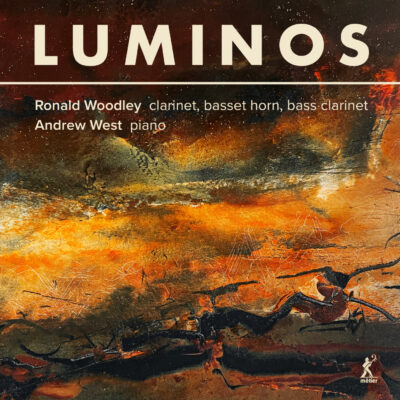Elisabeth Lutyens Recordings
Elisabeth Lutyens, born on 9 July 1906 in London, was the daughter of Lady Emily Bulwer-Lytton and the renowned English architect Sir Edwin Lutyens. Growing up in an aristocratic household as the elder sister of writer Mary Lutyens, Elisabeth developed an early interest in music, aspiring to become a composer from the age of nine. Her exposure to the Theosophical Movement and a friendship with Jiddu Krishnamurti during her formative years further shaped her eclectic worldview.
Lutyens embarked on her musical education in 1922 at the École Normale de Musique in Paris and later studied under Harold Darke at the Royal College of Music in London. Despite facing early signs of depression during her time in Paris, she persevered in her pursuit of musical excellence. In 1933, she married baritone Ian Glennie, with whom she had twin daughters and a son. However, the marriage was strained, leading to a divorce in 1940. Her subsequent marriage to conductor Edward Clark marked a tumultuous period in her life, marked by a mental breakdown in 1948 and struggles with alcohol addiction.
Lutyens’ career as a composer gained traction in the mid-20th century, with notable works such as “The Pit” and the cantata based on Arthur Rimbaud’s poem “Ô saisons, Ô châteaux.” In addition to her success in the classical realm, she became the first female British composer to score a feature film, contributing to Hammer’s horror movies. Despite her initial dismissal of more popular English composers, Lutyens’ later years saw increased recognition, including important commissions and a Commander of the Order of the British Empire (CBE) honor in 1969. Her autobiography, “A Goldfish Bowl,” published in 1972, provided insights into her life as a pioneering female musician in London.
Elisabeth Lutyens died in London in 1983












